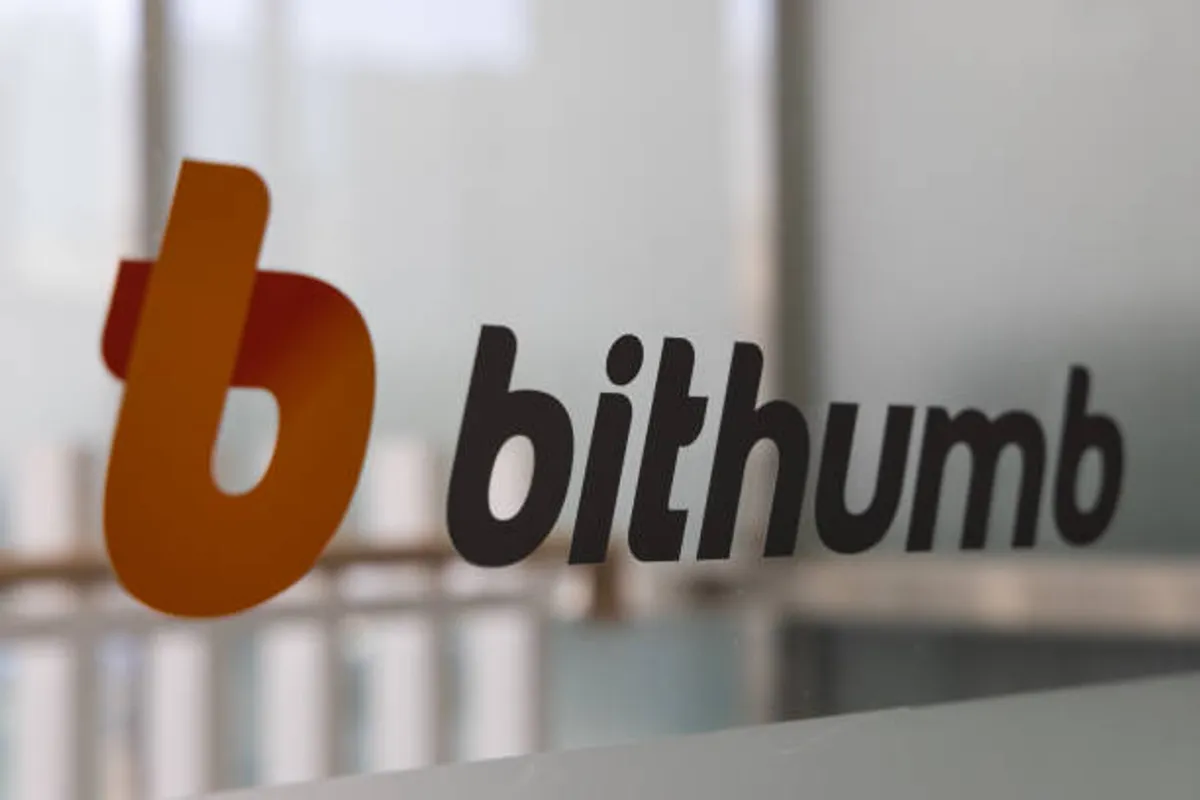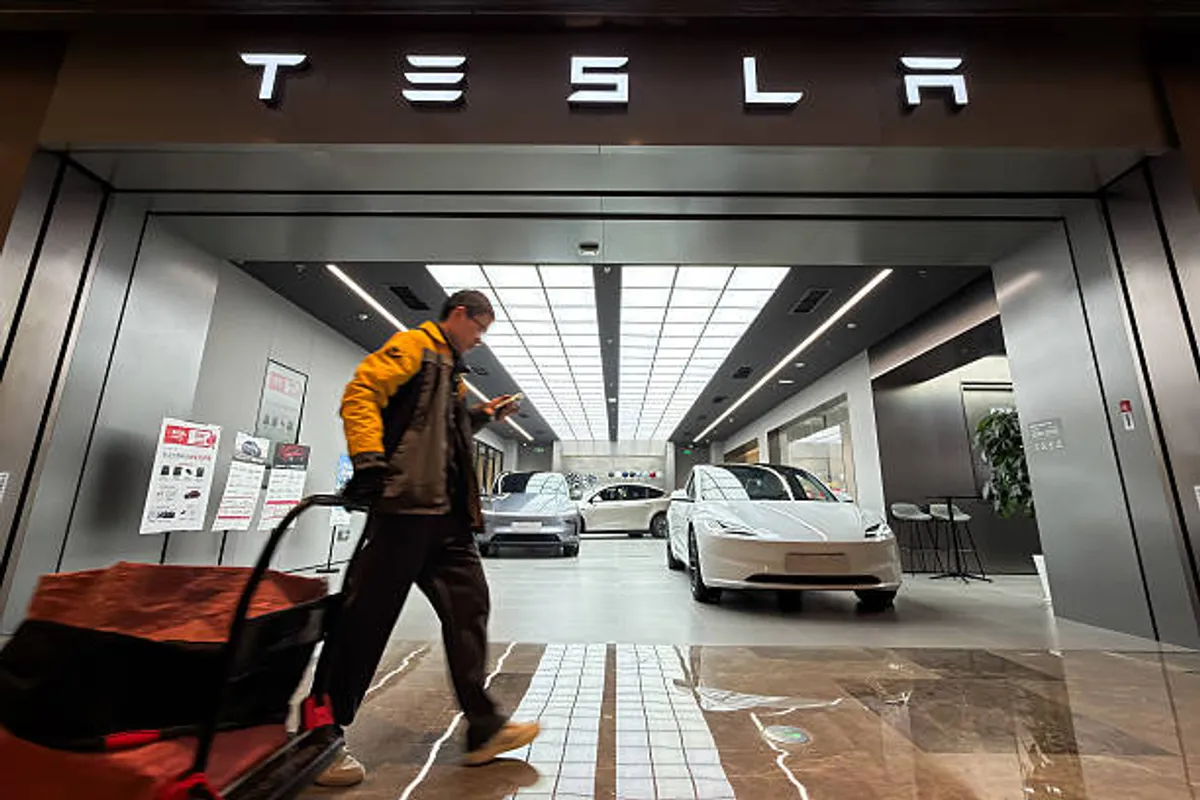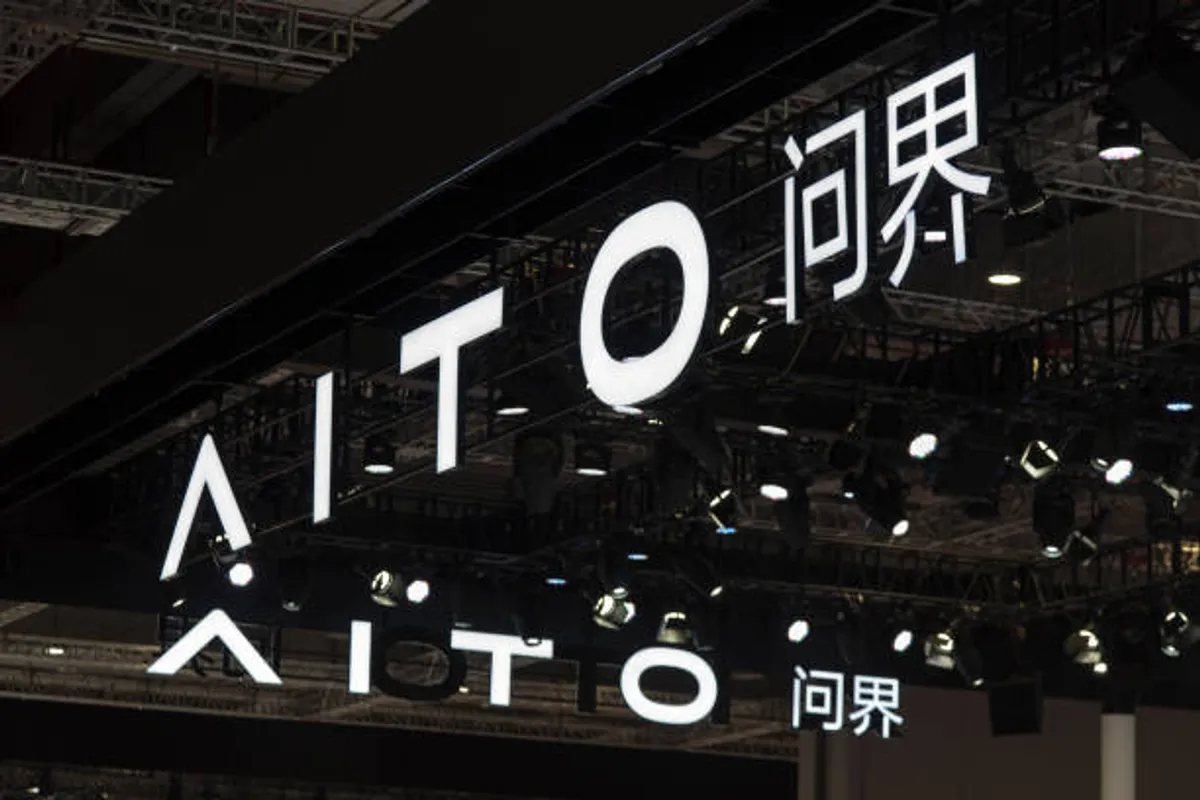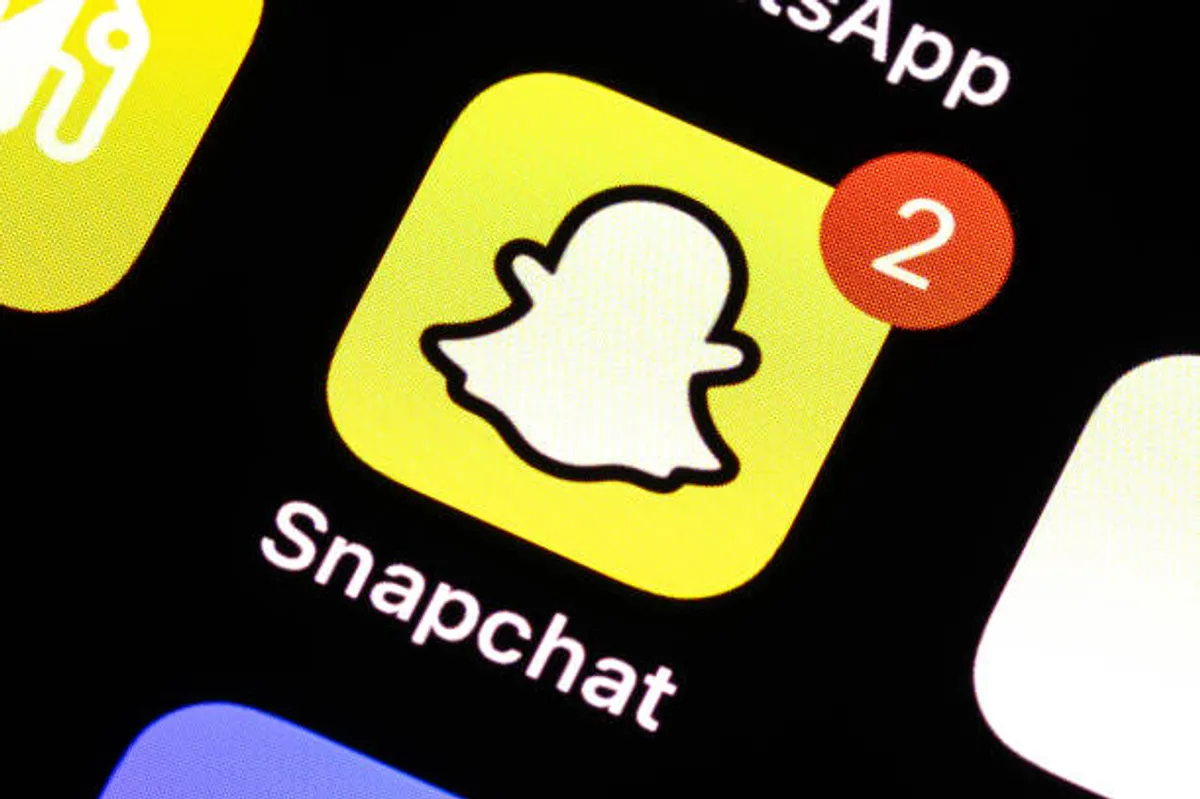India to Mandate Labelling of Deepfakes, Set to Revamp IT Rules Amid AI Misuse Surge

GeokHub

India is proposing major changes to its digital policy framework, aiming to crack down on the spread of synthetic media spawned by artificial intelligence and to strengthen oversight of major social media platforms. The move comes as deepfakes and AI-generated manipulative content rapidly gain traction across the internet, raising alarm among regulators about their impact on public trust, elections, and media ecosystems.
At the centre of the reform effort is the draft amendment published by the Ministry of Electronics and Information Technology (MeitY) to the Information Technology (Intermediary Guidelines and Digital Media Ethics Code) Rules, 2021. Under the proposed rules, large social media intermediaries—those with more than five million registered users—will bear new obligations to label or tag any content that is synthetically generated, ensuring users can clearly distinguish manipulated media from genuine content. The draft specifies that for video and image content, the label must cover at least 10 percent of the screen or be placed in the first 10 percent of audio duration. Metadata flags must be permanent, non-removable, and traceable.
The rules also introduce a precise definition of “synthetically generated information,” and require platforms that permit creation or modification of such material to deploy technical safeguards to verify whether uploads are AI-driven. Failure to comply could jeopardise the platforms’ liability protections, placing additional regulatory and legal risks on them.
MeitY’s consultation window invites industry feedback until early November, after which the rules are expected to be finalised. The government emphasises the need for an “open, safe, trusted and accountable” internet, but also states that innovation must continue without undue interference.
Analysts say the proposed rules mark India’s most significant move yet in regulating generative AI and its societal impacts. Experts point to recent incidents involving deepfake impersonations of public figures, unauthorised synthetic videos in electoral contexts, and a surge in AI-generated misinformation as drivers of urgency. Critics caution, however, that labeling alone may be insufficient unless paired with robust detection technology, platform compliance monitoring, and clear enforcement.
Platforms such as Facebook, YouTube, X, Instagram and Snap will find themselves under heightened regulatory scrutiny. The reforms could affect how they moderate content in India, the world’s second-largest internet market, and set a precedent for other countries wrestling with AI-driven media manipulation.








